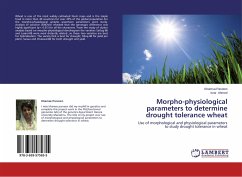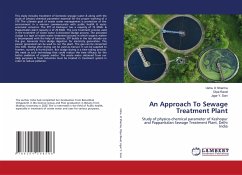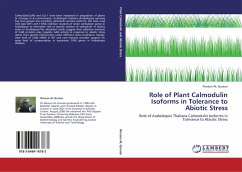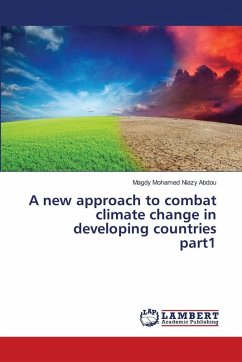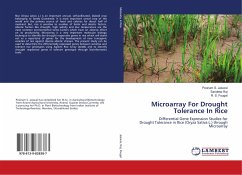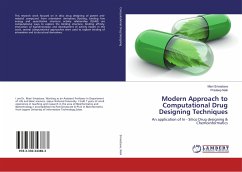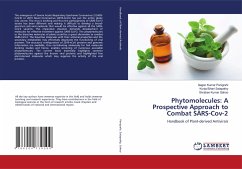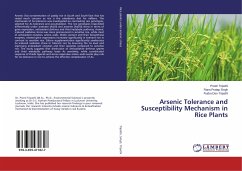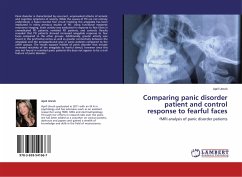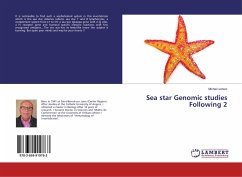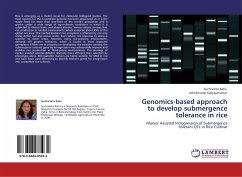
Genomics-based approach to develop submergence tolerance in rice
Marker Assisted Introgression of Submergence tolerant QTL in Rice Cultivar
Versandkostenfrei!
Versandfertig in 6-10 Tagen
32,99 €
inkl. MwSt.

PAYBACK Punkte
16 °P sammeln!
Rice is emerging as a model cereal for molecular biological studies. The main reasons for this is complete genome has been sequenced. As it is the staple food for more than one-third of the world s population and is grown under a wide range of agro-climatic conditions in which it is subjected to diverse biotic and abiotic stresses. Various abiotic stresses limit rice production in rainfed environments, which comprise about 45% of the global rice area. The rainfed lowland rice ecosystem is affected by not only water deficit but also excess water. Even where rice response to stress is superior t...
Rice is emerging as a model cereal for molecular biological studies. The main reasons for this is complete genome has been sequenced. As it is the staple food for more than one-third of the world s population and is grown under a wide range of agro-climatic conditions in which it is subjected to diverse biotic and abiotic stresses. Various abiotic stresses limit rice production in rainfed environments, which comprise about 45% of the global rice area. The rainfed lowland rice ecosystem is affected by not only water deficit but also excess water. Even where rice response to stress is superior to other crops, however, many rice-growing environments demand still greater tolerance, which is found in most improved germplasm. Efforts are in progress on developing rice varieties carrying the submergence tolerant gene by introgression may substantially improve and stabilize rice production in flood-prone environments. The strategy of marker assisted selection(MAS)is relatively more efficient than selection by phenotype alone. Microsatellite markers are highly suitable for MAS in rice and have been used effectively to identify tolerant genes for integression into susceptible rice cultivars.



